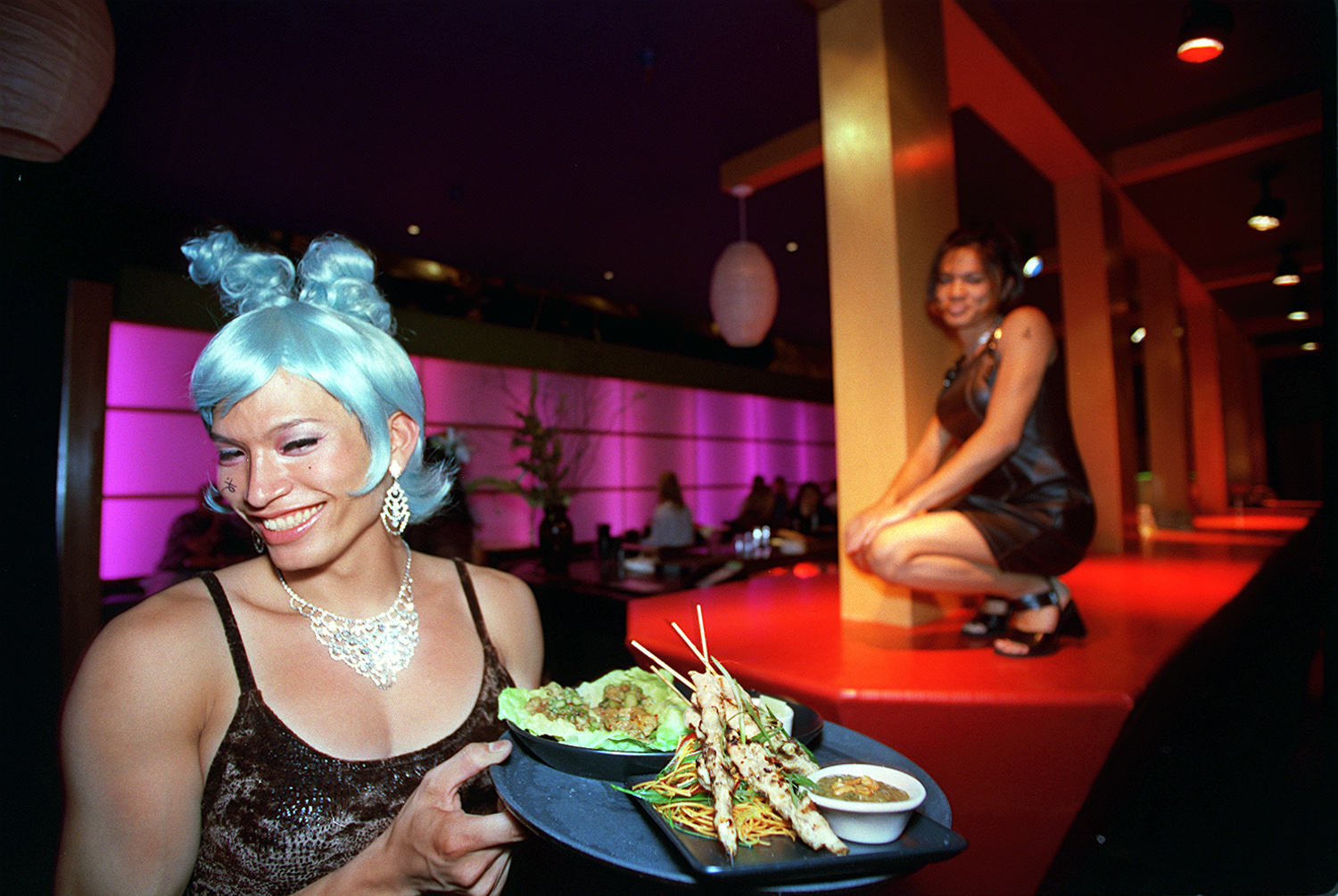Long-running San Francisco nightclub AsiaSF, which has combined dinner with drag shows at the corner of Howard and Ninth streets in the city’s South of Market neighborhood for almost 30 years, has announced it will close on March 31.
That date is significant because it’s also the Transgender Day of Visibility.
In a brief press release Monday morning, a spokesperson for the club cited its “award-winning cuisine and legendary, internationally-acclaimed entertainment” but otherwise gave no reason for the closure. The website currently provides no indication that the final show is only weeks away. The San Francisco Chronicle first reported the news.
“It’s very possible that pop-up editions of AsiaSF might come forth,” founder and CEO Larry Hashbarger said. “This is very much a transition and the end of an era. However, hopefully, it is the beginning of new opportunities for our vision and the Ladies of AsiaSF.”
While nearby Oasis is a drag club with a largely LGBTQ+ clientele, AsiaSF has long provided entertainment to a wider range of patrons since it opened in 1997. At times, it has faced criticism from the LGBTQ+ community for presenting a narrow, somewhat dated view of what it means to be transgender, with an overemphasis on exoticizing the performers.
A second AsiaSF in Palm Springs closed in 2022, largely a casualty of Covid.
Strutting down the “Red Dragon Runway” for birthday parties, bachelorette parties, after-work events and other celebrations, not all the performers have identified as transgender—nor are they necessarily of Asian descent. But AsiaSF has long been a vehicle for trans women of color, who have historically been excluded from many sectors of the economy, to find steady employment.
That had been central to the venue’s mission long before the short-lived reality series Transcendent, which followed a number of the performers and shared their life histories starting in 2015.
This story has been updated with comment from AsiaSF.
